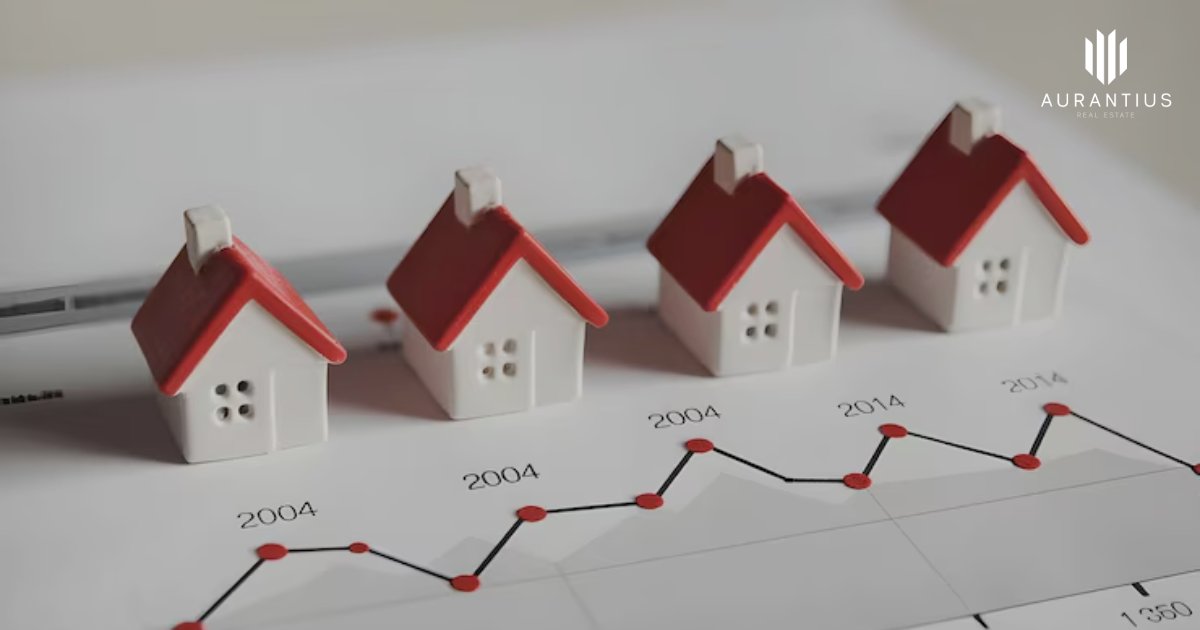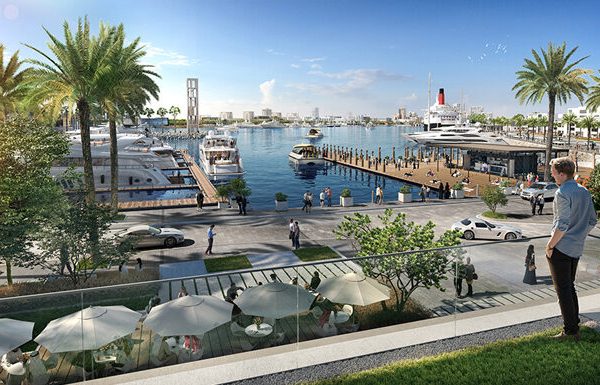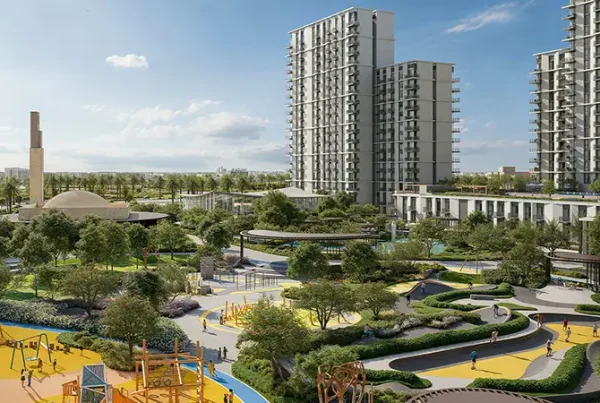Dubai Rental Market Shifts Toward Tenants as Supply Grows
The dynamics of Dubai’s real estate sector are shifting in 2025, with a growing supply of residential properties creating more options for tenants. After several years of rapid growth in rents and property prices, analysts now see early signs of moderation, with landlords becoming increasingly flexible to retain tenants in a competitive market.
Tenant-Friendly Incentives on the Rise
Global real estate consultancy CBRE reports that landlords are offering a range of incentives to attract and retain tenants. These include flexible multiple cheque payments, one month’s free rent, waived commission fees, and inclusive utility bills. This trend reflects how more Dubai residents are moving into homeownership while rental renewals soften. Analysts note that this “tenant-centric environment” is fostering greater affordability and choice for residents.
Expanding Project Pipeline
New supply continues to pour into the market. According to Reidin, 38 new residential launches in August 2025 alone added nearly 8,000 units to Dubai’s housing stock. A further 35 projects were announced, signaling sustained developer activity. Property Monitor data also shows July was one of the busiest months, with more than 50 project launches bringing over 13,800 units valued at AED 38 billion. Year-to-date, Dubai has seen nearly 93,000 new units launched, with a combined potential sales value of AED 270 billion.
Softening Absorption and Buyer Selectivity
While supply expands, analysts highlight that absorption is slowing as buyers and tenants become more selective. Property Monitor notes that developers must prioritize viability over velocity, focusing on product differentiation, delivery timelines, and realistic pricing strategies. This shift comes after four years of surging property prices and rentals, during which Dubai became one of the most competitive real estate markets globally.
Rental Market Performance
CBRE’s Q2 2025 report shows rental growth is moderating, with apartments recording a 1% monthly increase and villas 2%. This is far below the double-digit gains seen in recent years, suggesting that the market is gradually stabilizing. Still, premium and upgraded properties remain in high demand, with landlords investing in renovations, furnishings, and modern amenities to command higher rents. Tenants seeking convenience and quality living are increasingly drawn to such offerings.
Community-Level Insights
Demand remains robust in established and emerging neighborhoods. Lifestyle-driven communities such as Dubai Hills Estate and Business Bay continue to see healthy villa and apartment absorption. Meanwhile, affordable hubs like Jumeirah Village Circle (JVC) remain popular with young professionals and first-time tenants. Developers including Emaar, Damac, and Binghatti are actively launching projects across these communities, ensuring tenants and buyers have more variety than ever before.
What Tenants Can Expect
- More Negotiating Power: Flexible lease terms, incentives, and wider choice of units.
- Upgraded Options: Landlords enhancing properties with modern furnishings and amenities.
- Moderate Rent Adjustments: Growth slowing after years of sharp increases.
- Broader Market Movement: Residents relocating internally within Dubai in search of better housing solutions.
Conclusion
Dubai’s rental market is entering a more balanced phase in 2025. While the overall real estate sector continues to grow through large-scale project launches, tenants are benefiting from softer absorption and greater landlord flexibility. For those seeking quality housing, areas such as Dubai Hills Estate, Business Bay, and JVC offer diverse opportunities. With leading developers like Emaar, Damac, and Binghatti driving the pipeline, Dubai remains a tenant-friendly yet investment-attractive market.










